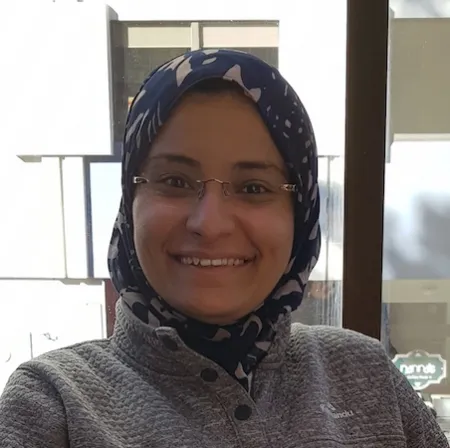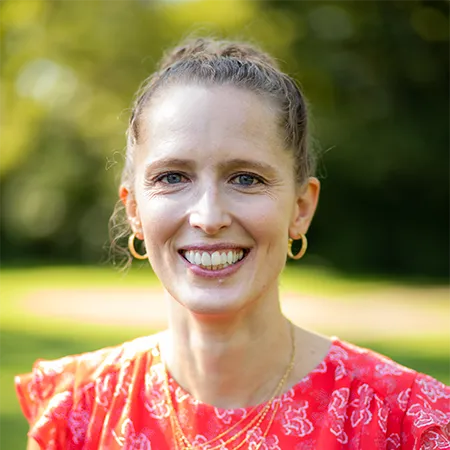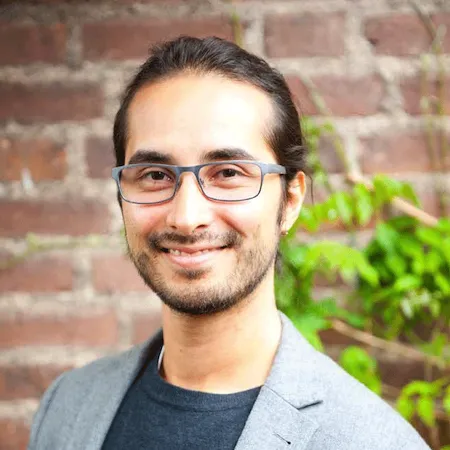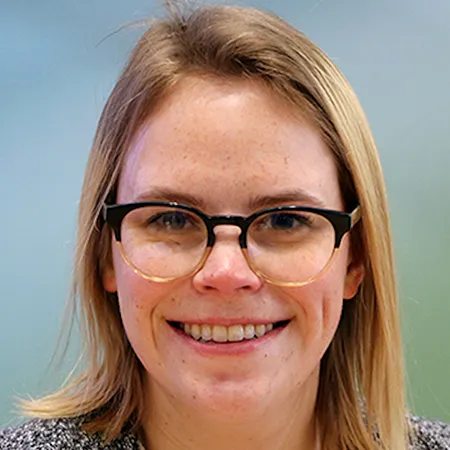Solving problems of sustainability requires understanding social and environmental systems as being tightly coupled. Each system’s individual components or parts interact in complex ways, and feedbacks—or how change in one part of the system affects other system parts—determine the dynamics of socio-environmental systems (SESs). Archetypes are a useful tool that can provide insights into a system's dynamics and facilitate development of formal system models. Archetype analysis can reveal patterns that commonly plague SES, as well as strategies for achieving sustainability across heterogeneous contexts. With its particular focus on using feedback loops as the leverage point for solving sustainability problems, the use of archetypes is growing in research and management.
This webcast will introduce the concept of archetypes, discuss some of the most common archetypes including their application in research, and describe how the use of archetypes can facilitate the socio-environmental modeling process.
WED. 15 FEB. 2023, 13:00 – 14:30 (EDT UTC -5)
WED. 15 FEB. 2023, 19:00 – 20:30 (CET UTC +1)
THUR. 16 FEB. 2023, 05:00 – 06:30 (AEDT UTC +11)
For more background information on archetypes, please see our explainer article.
For a list of references mentioned in this webinar, please see the list below.
Webinar Program
| Welcome & Introduction | Margaret Palmer, Director, National Socio-Environmental Synthesis Center, USA |
| Presentation – "Use of Systems Thinking Archetypes in Socio-Environmental Modeling" (20 min.) |
Presenter – Sondoss Elsawah, Associate Professor, University of New South Wales, Canberra, Australia |
| Panel Session (Responses 7 mins. per panelist) |
Laura Schmitt Olabisi, Professor, Michigan State University, USA |
| Q&A (15 mins.) | Presenters and panelists respond to questions from the participants. |
| Open Discussion (10 mins.) |
Presenters

Sondoss Elsawah
Sondoss Elsawah is an Associate Professor of Systems Engineering and Information Technology, and the Director of the Capability Systems Centre at University of New South Wales. Her research program focuses on understanding the behavior of large complex problems and systemic risks that arise from the interactions between social, technological, and environmental systems. She is an expert on the application of systems thinking and system modeling methodologies to support decision making and education. Building on her academic achievements, Sondoss been recognized as a thought leader in her...

Sondoss Elsawah
Sondoss Elsawah is an Associate Professor of Systems Engineering and Information Technology, and the Director of the Capability Systems Centre at University of New South Wales. Her research program focuses on understanding the behavior of large complex problems and systemic risks that arise from the interactions between social, technological, and environmental systems. She is an expert on the application of systems thinking and system modeling methodologies to support decision making and education. Building on her academic achievements, Sondoss been recognized as a thought leader in her scientific fields in Australia and internationally. For example, she is the Vice President of the Australian Society of Operations Research (ASOR) and was elected a distinguished Fellow of the Modelling and Simulation Society of Australia and New Zealand (MSSANZ). Sondoss is a senior editor of the Journal of Environmental Modelling and Software (A*) and the journal of Group Decision and Negotiation (A*).

Laura Schmitt Olabisi
Dr. Laura Schmitt Olabisi is a Professor in the Department of Community Sustainability and the Environmental Science and Policy Program at Michigan State University. She is an ecologist and a participatory modeler, working directly with communities on the ground creating change in complex systems. Laura’s published research includes several articles and a co-edited book on the practice of participatory modeling, and community-engaged work on food systems and climate-resilient agricultural practices. She holds an Sc.B. from Brown University, and a doctoral degree from the State University of...

Laura Schmitt Olabisi
Dr. Laura Schmitt Olabisi is a Professor in the Department of Community Sustainability and the Environmental Science and Policy Program at Michigan State University. She is an ecologist and a participatory modeler, working directly with communities on the ground creating change in complex systems. Laura’s published research includes several articles and a co-edited book on the practice of participatory modeling, and community-engaged work on food systems and climate-resilient agricultural practices. She holds an Sc.B. from Brown University, and a doctoral degree from the State University of New York College of Environmental Science and Forestry. She was a AAAS Leshner Leadership Fellow for Public Engagement with Science in 2018-2019.
Renee Obringer
Dr. Renee Obringer is an assistant professor in the Department of Energy and Mineral Engineering at Penn State, as well as a faculty associate in the Earth and Environmental Systems Institute. Her research interests focus on understanding and evaluating the impact of climate change on urban systems, with an emphasis on water and electricity. More broadly, Renee harnesses methods from data science, climatology, and civil engineering to study the nexus between climate change, people, and urban systems. Prior to starting her role at Penn State, Renee worked as a postdoctoral research fellow at...
Renee Obringer
Dr. Renee Obringer is an assistant professor in the Department of Energy and Mineral Engineering at Penn State, as well as a faculty associate in the Earth and Environmental Systems Institute. Her research interests focus on understanding and evaluating the impact of climate change on urban systems, with an emphasis on water and electricity. More broadly, Renee harnesses methods from data science, climatology, and civil engineering to study the nexus between climate change, people, and urban systems. Prior to starting her role at Penn State, Renee worked as a postdoctoral research fellow at the National Socio-Environmental Synthesis Center at the University of Maryland. She earned her PhD in environmental and ecological engineering from Purdue University.
External Links:
https://www.reneeobringer.com

Juan Rocha
Dr. Juan C. Rocha is a research scientist at the Stockholm Resilience Centre where he co-leads the theme on complex systems. His research questions are oriented to understanding critical transitions: from regime shifts in ecological systems, to collective action in society. Currently, he is focusing on the idea of cascading effects: how a critical transition in an ecosystem in the world can impact the likelihood of other ecosystems tipping over. Juan is interested in methods for identifying resilience surrogates—good observables that can tell you how resilient is a system. He finds inspiration...

Juan Rocha
Dr. Juan C. Rocha is a research scientist at the Stockholm Resilience Centre where he co-leads the theme on complex systems. His research questions are oriented to understanding critical transitions: from regime shifts in ecological systems, to collective action in society. Currently, he is focusing on the idea of cascading effects: how a critical transition in an ecosystem in the world can impact the likelihood of other ecosystems tipping over. Juan is interested in methods for identifying resilience surrogates—good observables that can tell you how resilient is a system. He finds inspiration in complex systems science, the use of mathematical models, networks and other computational methods to understand social and ecological complexity.
WED. 15 FEB. 2023, 19:00 – 20:30 (CET UTC +1)
THUR. 16 FEB. 2023, 05:00 – 06:30 (AEDT UTC +11)
